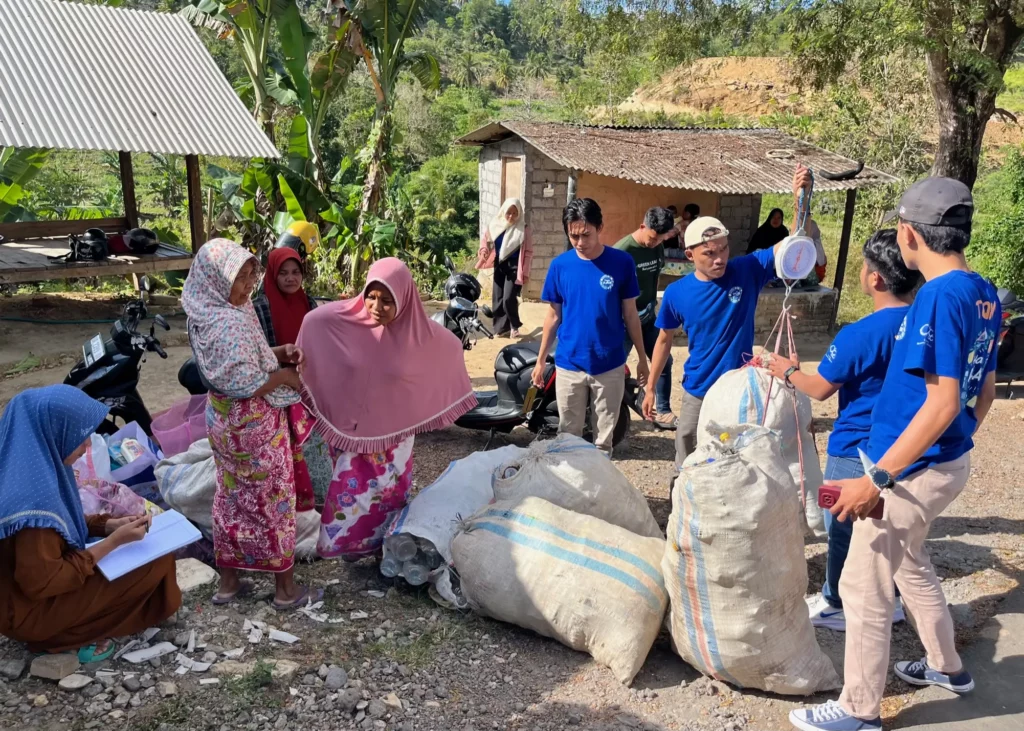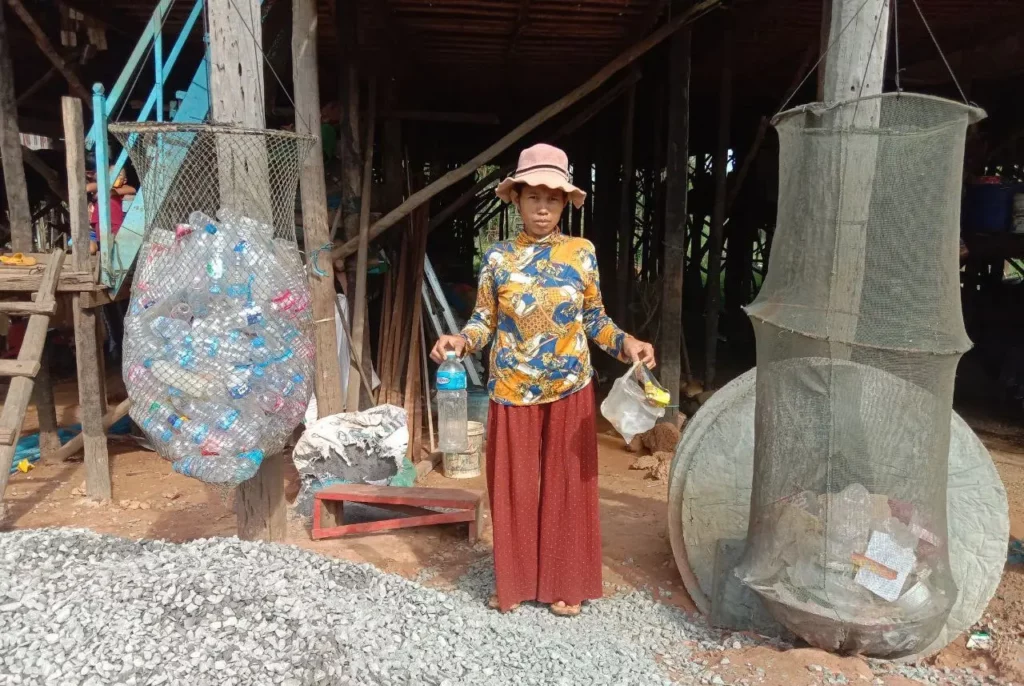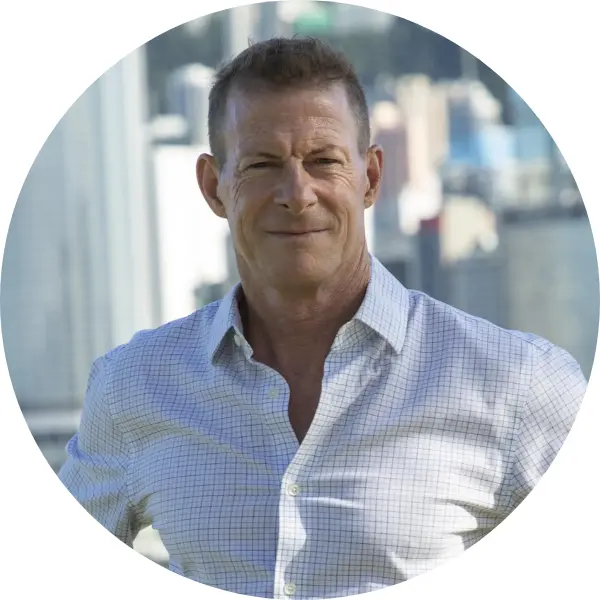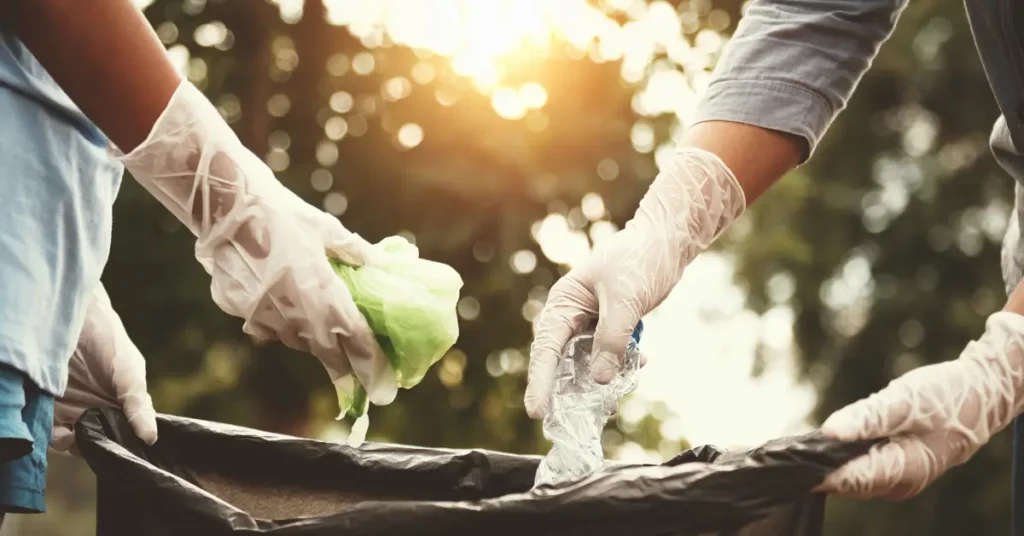4 minutes read
Plastic pollution is now one of the most discussed environmental issues around the world, with the UN currently in a two year global negotiation to create a Plastic Treaty, like that of Paris for the Climate. The solutions required, however, are arguably more complex than that of climate change. This does not mean the impacts might be larger, but the difficulty comes in the tens of thousands of varieties of plastic, based on chemicals, colours, melting points, and designs for durability.

Capturing this material from every point of use is a daunting task, and most of our urban waste management systems do not make it any easier when trash collected is largely contaminated with food waste and other materials, making it expensive and inefficient to clean, recover, and recycle. This is important to think about when understanding the way we have designed our Harvest Plastic program, as we are now working from remote locations that have no resources for waste management today, but which also do not have the ineffective practices of urban waste management systems to overcome.
We started the Harvest Plastic program in Cambodia during the pandemic, with food baskets given as rewards to remote villages which were sometimes stranded during various lock-down periods. It was inspired, however, by the lack of waste management options in the communities along the Tonle Sap Lake, which primarily resorted to burning waste, or dumping it in the waterways, which is similar to many communities around the world today.

In order to bring about pride by the community for the watershed and lake they survive from, five years ago we created the Water Rising and Water Falling Festivals which happen every six months (June and November). These are synchronised with the change in water levels on the Tonle Sap Lake, and the events were not called clean-ups, but were called festivals, as they celebrated the environment, while learning more about better waste management and pollution prevention. Now with strong local and federal government endorsement, and the creation of trust in the communities because of our work with the local leaders, fishermen, monks, and youth, we have created a new level of empowerment and awareness about water appreciation and the impacts of plastic pollution.
With over 12,500 community members engaged in our bi-annual events, and over 120 tons of plastic removed, we had established the base to launch our ongoing, yearly Harvest Plastic program. In this case, instead of harvesting rice, which everyone is familiar with, the focus is only on plastic, and without contamination. Each family is given a large branded “rice bag,” where all of their daily plastic is placed, without food waste or other materials. This focus helps prevent “leakage” into the environment via dumping and burning, and also helps avoid landfill, because it is “clean” and recoverable.
Incentives and rewards in the form of rice (the government recently donated 3,000kgs of rice for our incentives), food, and other items are effective for creating excitement and ongoing interest. At the same time, the volume of “clean” material makes it easier to inspire proper markets and businesses for recycling and processing, which will not start without relatively clean, reliable sources of material.
The exciting part of our Cambodian work, is that its success became a proving ground for replication in the region, and thanks to the funding from the AVPN APAC Sustainability Seed Fund, we are now working with four villages in Lombok with engaged, excited communities who are collecting between 400kg and 750kg of good quality, uncontaminated household plastic for each two-week cycle of collection.
This program is only just growing, but with incredible success and interest from other villages to be involved. The Harvest Plastic program includes a rewards program at each village collection, and has quickly changed the mindset for villagers not to burn their waste, but instead, to harvest that plastic, and bring it in for the potential to win rewards. Local waste banks are pleased to be receiving good quality material for further sorting and sales into the broader recycling market within Indonesia. Once we have shown how “jurisdictional upswell” can happen in a number of villages, it will then be possible for us to expand this to more locations, and potentially into different larger urban areas which can be inspired to focus on plastic collection in a different way, leading to reduced plastic pollution for everyone. Without this change in collection systems and habits, it is hard to see large-scale recycling make an impact in many countries of the world. With a program like Harvest Plastic, however, we can all work to avoid the unnecessary plastic from the beginning, and then harvest what is still needed for products and packaging along the way.


















